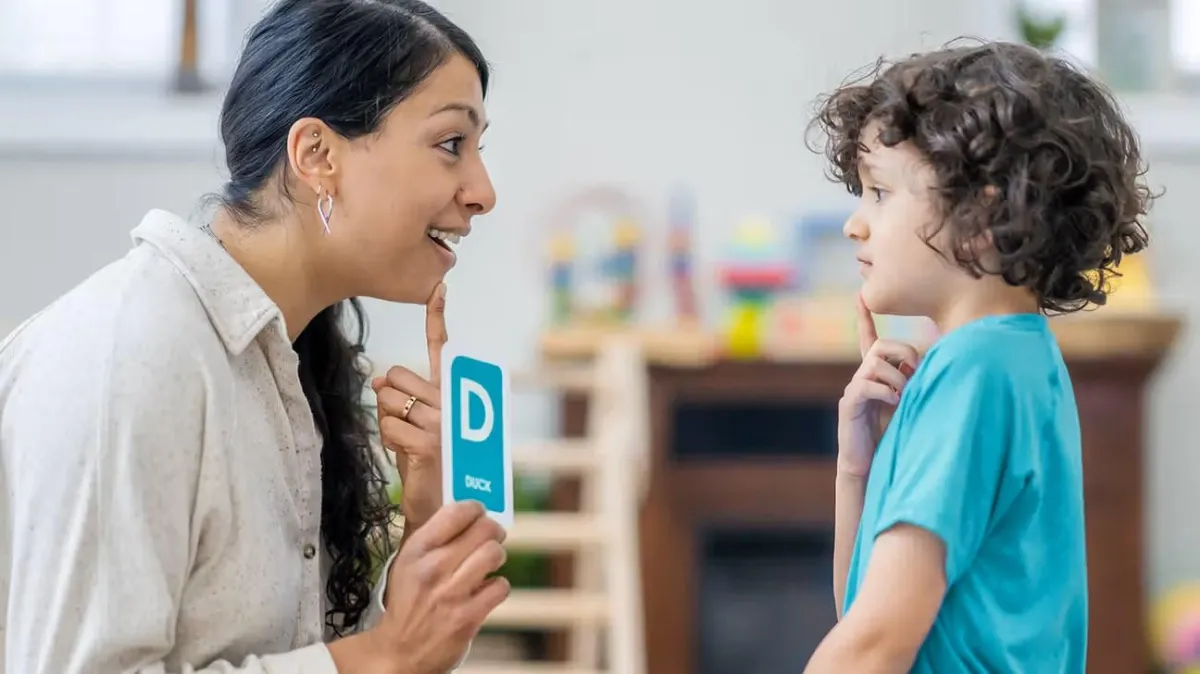Harmony in
Neurodiversity
THE BLOG
Welcome to Harmony in Neurodiversity, a blog dedicated to exploring the profound impact of music and positive parenting strategies on the lives of neurodivergent individuals. Join Samantha, a board-certified Neurologic Music Therapy fellow and a passionate Positive Discipline Parent Educator, as she shares her expertise in leveraging the power of music and effective parenting approaches to support and empower neurodiverse communities.
In her blog posts, Samantha delves into the intricate connections between music and the brain. She explores how specific musical elements and interventions can enhance cognitive functions, regulate emotions, improve communication, and promote social interaction among neurodivergent individuals. Through insightful articles and case studies, she demonstrates how rhythm, melody, and lyrics can serve as powerful tools for therapeutic interventions, fostering growth and self-expression.
Positive Discipline Parenting Strategies:
Drawing from her expertise as a Positive Discipline Parent Educator, Samantha sheds light on nurturing positive relationships between parents and neurodivergent children. Her blog offers practical advice, evidence-based strategies, and real-life anecdotes that empower parents and caregivers to cultivate respectful, encouraging, and effective parenting techniques. From setting clear boundaries to fostering a supportive environment, Samantha guides readers in navigating the challenges and joys of parenting neurodiverse children.
Exploring Intersectionality:
Samantha doesn't limit her discussions to singular approaches. Instead, she delves into the intersectionality of Neurologic Music Therapy and Positive Discipline Parenting, illustrating how these methodologies complement each other. Through her insightful content, she showcases how the harmonious integration of music-based interventions and positive parenting strategies can create holistic support systems for neurodivergent individuals, promoting their well-being and personal growth.
Community Engagement and Resources:
Additionally, Samantha fosters a vibrant online community where readers can engage, share experiences, and seek advice. She curates a wealth of resources, including recommended readings, workshops, and practical tools, empowering her audience to implement valuable insights into their lives effectively.

What Speech Therapy Can Really Do for Your Neurodivergent Child
When most people hear “speech therapy,” they think of kids who can’t pronounce their R’s or aren’t talking yet. There’s a lot more to it, especially for neurodivergent kids.
Speech therapy (more accurately called speech-language therapy) can help with so much more than just how words sound. It supports communication in all its forms-verbal, nonverbal, social, and even alternative methods like visuals or communication devices.
What Does Speech Therapy Include?
Speech-language pathologists (SLPs) work with kids on a wide range of skills, including:
Expressive language: What your child says and how they say it
Receptive language: What your child understands when others speak
Social communication: Turn-taking, conversation flow, and reading social cues
Articulation and fluency: Speaking clearly and smoothly
AAC (Augmentative and Alternative Communication): Tools like picture boards, visuals, or devices that support communication
Even if your child is already verbal, they may still benefit from support in one or more of these areas.
Why It Matters for Neurodivergent Kids
Kids with ADHD, autism, and other neurodivergent profiles often process language differently. That might show up as:
Difficulty following multi-step directions
Trouble knowing when or how to join a conversation
Getting stuck on certain topics
Sensory overload that makes it hard to stay present
Speech therapy doesn’t aim to change who your child is. It helps them communicate in a way that feels natural and effective for them. The goal isn’t “fixing speech,” it’s building connection.
Signs Your Child Might Benefit from Speech Therapy
Here are some signs speech therapy might help your child:
Frustration when trying to express themselves
Struggles to answer questions or understand what’s being asked
Delays in hitting language milestones
Difficulty joining peer play or conversations
Supporting Communication at Home
Even if you’re not ready to start therapy, there are things you can do at home to support your child’s communication:
Model language in a low-pressure way. Talk to and around your child even if they’re not responding.
Use visuals like first-then charts or picture schedules to support understanding.
Pause and wait. Neurodivergent kids often need extra time to process.
Celebrate the effort, not just the words.
Getting Clarity
If you’re unsure whether your child would benefit from speech therapy, an evaluation can help. You don’t need to wait for a diagnosis or crisis point. A speech therapist can offer insights, even if therapy isn’t ultimately needed.
Listen to episode 109 of the Every Brain is Different podcast for more strategies to help your neurodivergent child communicate.


